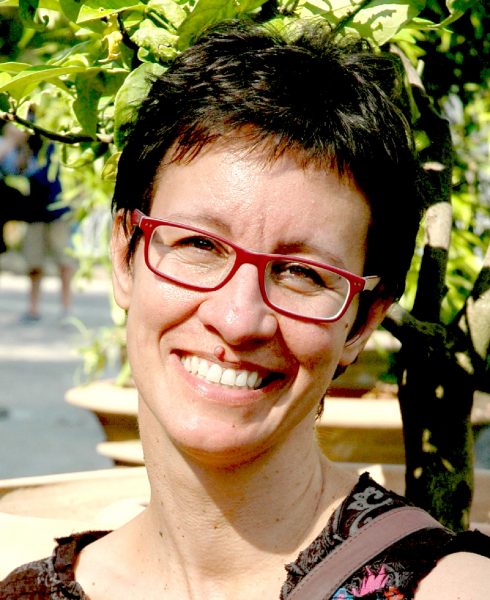
1992-1996: PhD level formation in Plant Molecular Biology at National Research Council (CNR-IBEV)
1991: Degree in Biological Sciences at University “La Sapienza” of Rome
2007- Present: Permanent position as Senior CNR Researcher (II Livello). Research activity in Plant Molecular Biology,Plant Development and Functional Genomics
2016: Short Term Fellowship CNR at Max Planck Institute (MPI) for Developmental Biology of Tuebingen (Germany) in Laboratory of Prof. Detlef Weigel. Research activity: Screening of 1135 genomes of Arabidopsis thaliana natural accessions to identify adaptive mutations in flowering time genes
2016: Short Term Fellowship CNR at Laboratoire de Biologie Cellulaire dell’Istitut National de la Recherce Agronomique (INRA), Versailles, France with Prof. Jan Traas. Research activity: localization of mRNA in plant tissues by in situ hybridization techniques
2001-2006: Permanent position as CNR Researcher (III Livello) before at Istituto di Biologia Agroambientale e Forestale (IBAF) of the CNR (Dec 2001-June 2003), and than at Istituto di Biologia e Biotecnologia Agraria (IBBA) of the CNR (July 2003- 2006). Research activity in Plant Molecular Biology, Plant Development and Functional Genomics
2001: Post-doctoral position at CNR Istituto di Biologia ed Ecofisiologia Vegetale (IBEV). Research activity in Plant Molecular Biology
1998-2001: Post-doctoral position at Laboratory of Plant Molecular Biology, Rockefeller University. Research activity in Plant Molecular Biology and Arabidopsis Genetics
1996-1998: Post-doctoral position at CNR Istituto di Biologia ed Ecofisiologia Vegetale (IBEV). Research activity in Plant Molecular Biology